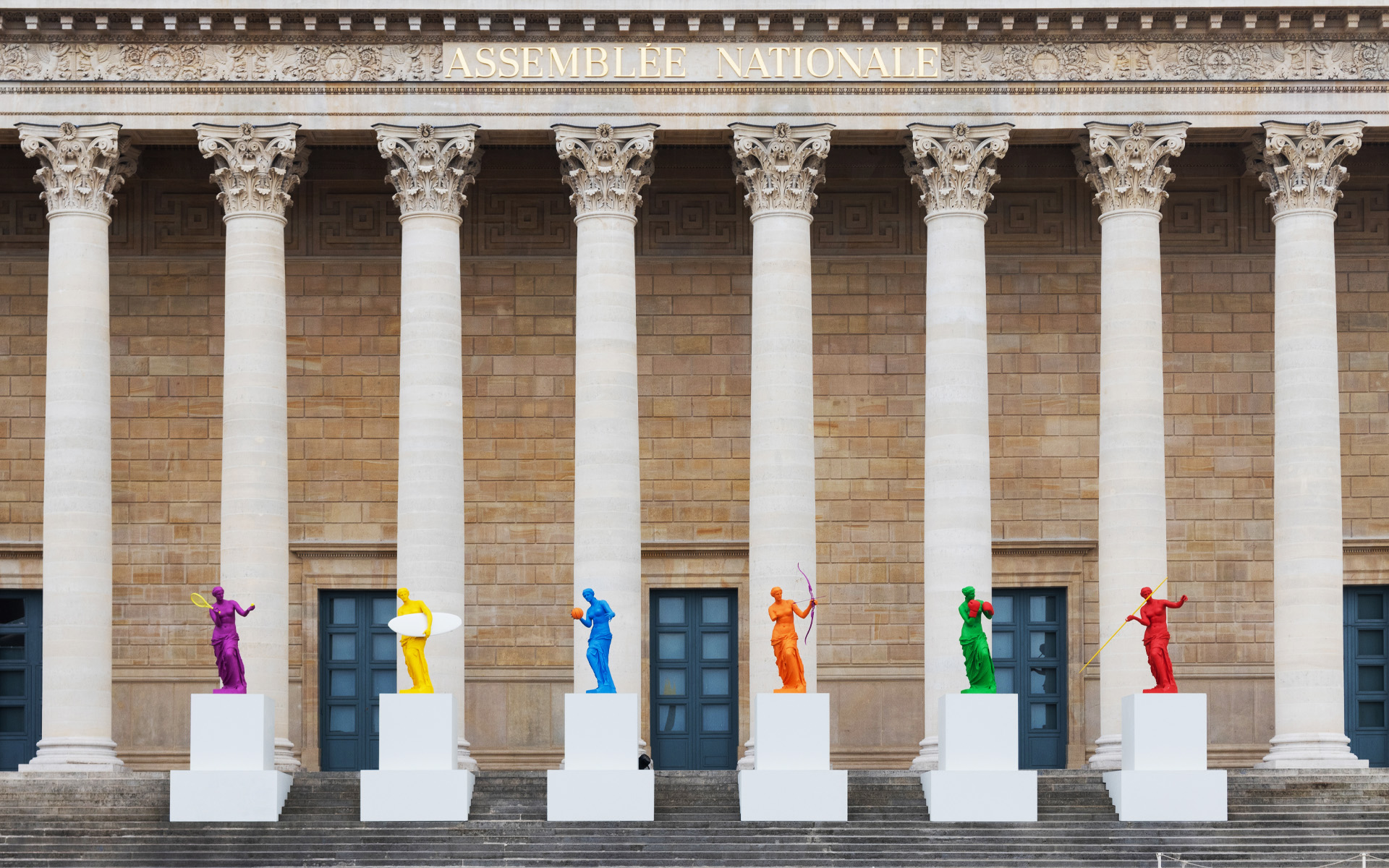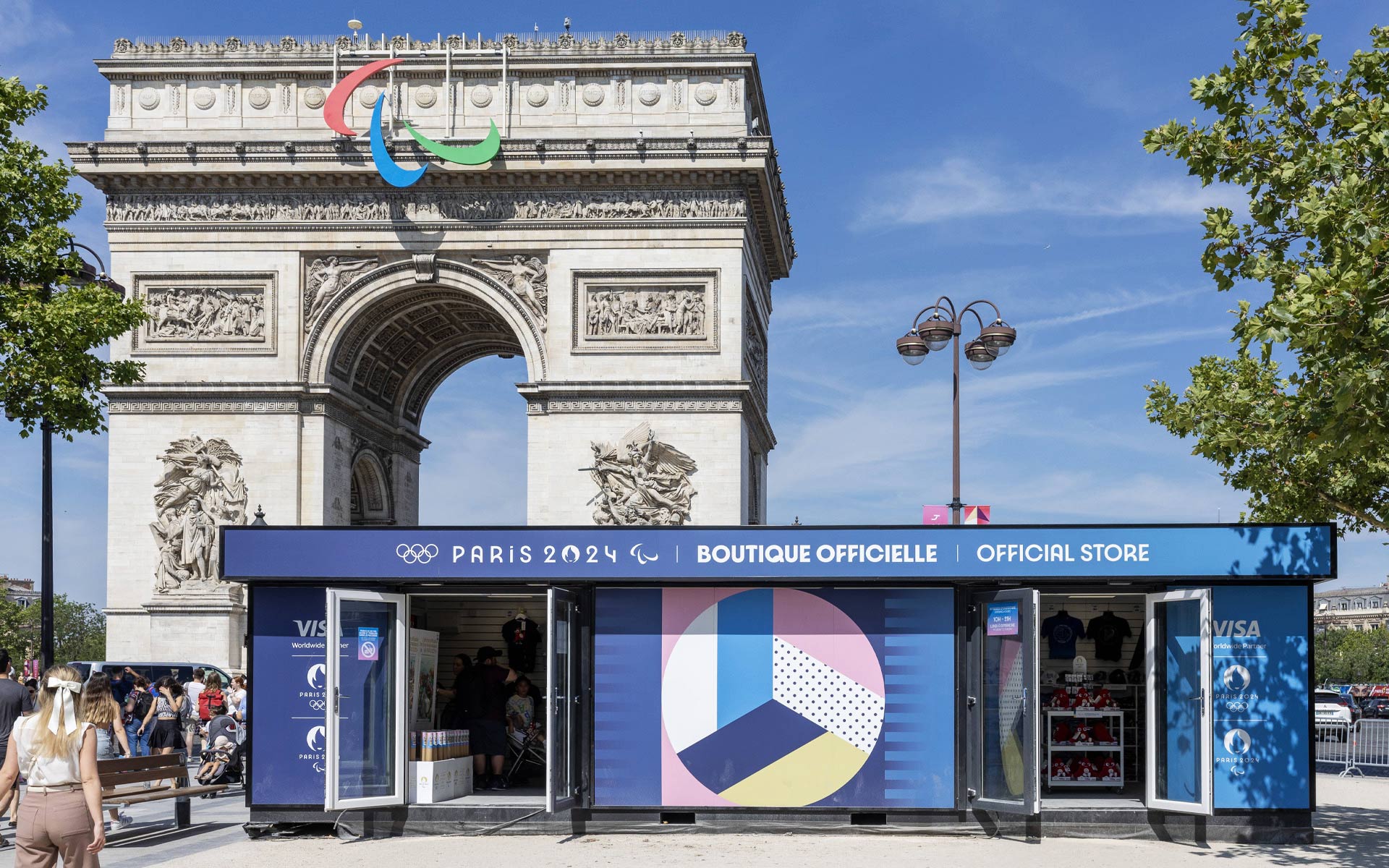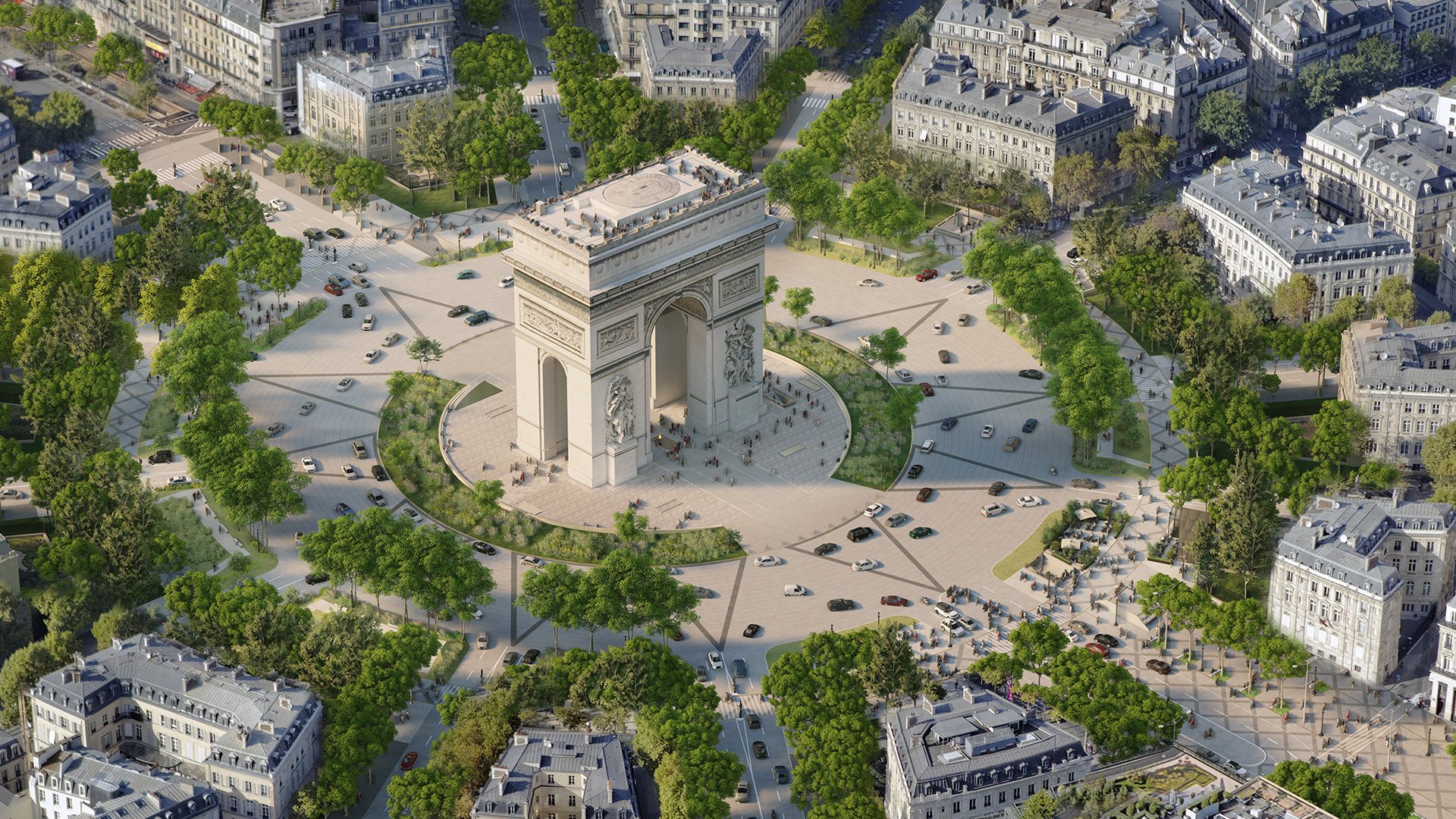
It’s a truism that cities spend years – and small fortunes – vying for the opportunity to host the Olympic and Paralympic games… and then spend subsequent years filled with regret at the upheaval and expense caused by the arrival of such a major international event.
But the people behind the winning bid rarely want only to celebrate sport for a few weeks. Instead, the Olympics are regarded a springboard for regeneration and serious upscaling of the public realm. A fantastic opportunity to showcase a rejuvenated city tied to an extremely hard deadline which means the work will get done, no matter what. Is it worth it? There has certainly been a strong place-making legacy for cities that have recently hosted the Winter Olympics.
The Olympics and Paralympics will have cost Paris somewhere in the region of €9bn (about $9.75bn) by the time the last athlete has departed – possibly as much as €10bn. Yet, this is something of a bargain compared to many other Olympic games – Tokyo came in at about $13bn and, like Rio 2016, lost money; Beijing cost $50bn; and the Sochi Winter Olympics were an eye-watering $60bn.
“In general, Paris has done a pretty reasonable job of controlling the budget,” says Jonathan Edwards MRICS, head of sport at RLB who was involved in the early development of Paris 2024. He believes that some of the perceived overspend may be because certain costs are not included when figures are initially released. “The new delivery models from the IOC do not require the development of new venues in the way which was previously the case. The same is true of constructing Olympic Parks as the model is now more decentralised.”

Assemblée Nationale with various colored Venus de Milo statues playing at different sports to celebrate the 2024 Olympic Games
This reuse, reduce, recycle mantra has been enthusiastically taken up by Anne Hidalgo, Paris’s radical mayor, who spearheaded the campaign to host the games. “The Paris 2024 Games Plan is totally aligned with the long-term environmental aspirations of our city,” she said shortly after winning the bid. “We are committed to working collaboratively to deliver a spectacular Olympic and Paralympic Games that supports impactful green initiatives and has a lasting positive effect on the way people live."
When Modus reported two years ago on Hidalgo’s plans, we noted that “by the time the city’s 2024 Olympic Games come around, Paris is intending to showcase a city in the middle of a radical transformation” - and we weren’t mistaken. Hidalgo is determined to make her patch an oasis of sustainability and the Olympics is the perfect vehicle for that. But the path has been fraught.
You can read about the challenges of planting 170,000 trees within Paris and turning the Champs-Élysées into Hidalgo’s vision of an “extraordinary garden” in this feature about the transformation of the city.
Hidalgo’s commitment to green measures means that she has been unsparing in her moves to reduce the Olympics’ carbon footprint, approximately half of London 2012. Nevertheless, the event will still create in excess of 1.5m tons of carbon. By the time the games reach Brisbane in 2032, the Olympics governing body has mandated that they will be carbon-positive – but what challenges does this aspiration create?
Of course, the Olympics wouldn’t be the Olympics without the events surrounding them. Paris will be the first modern games in which the opening ceremony does not take place in the main athletics stadium, the 2024 committee choosing, instead, events along the Seine. Concerns about security issues have focused on this decision but, explains Marc Menage MRICS, a property consultant based in the city, many of Paris’s arrondissements have been held up by security concerns for some months: “We haven’t been allowed to do any exterior work for six months to avoid security problems. Organisers do not want buildings covered in scaffolding or people on it.”
“Paris has done a pretty reasonable job of controlling the budget.” Jonathan Edwards MRICS, RLB

Official shop outside the Arc de Triomph
It's hoped that the festivities will attract crowds of spectators who will offset some of the outlay and upheaval of the run-up. Creating hundreds of thousands of hotel places to accommodate them is not practical and may be the reason that Hidalgo has not restricted short-term lets in the city as tightly as many of her counterparts in other tourist honeypots, despite evidence of the housing inequity they cause. Where short-term rental providers like Airbnb are concerned, there is plenty cities can do to balance the demands of tourism against the needs of residents.
Menage feels that the inflated prices may have been the downfall of some hopeful Parisian landlords. “We were expecting high demand but prices for accommodation and tickets were increased,” he says. “People are looking for cheaper ways to stay, maybe outside the city. They’re not spending as much money. We’re not anticipating a last-minute rush.”
Instead, he says, a large proportion of tickets have been bought by Parisians and French residents who can commute to the city quite easily.
And, finally, while the authorities will be showing off a side of Paris that has been polished to extravagant glossiness for the games, of course, there are always areas of a city that feel very little of the trickle-down effect of the spending. The Grand Ensembles, the publicly funded developments built in the 1970s to house the Paris’s overspill would certainly benefit from some attention. This photo essay shows the scale of their ambition and how far they have fallen since. Sadly, no gold medal for regeneration there.


